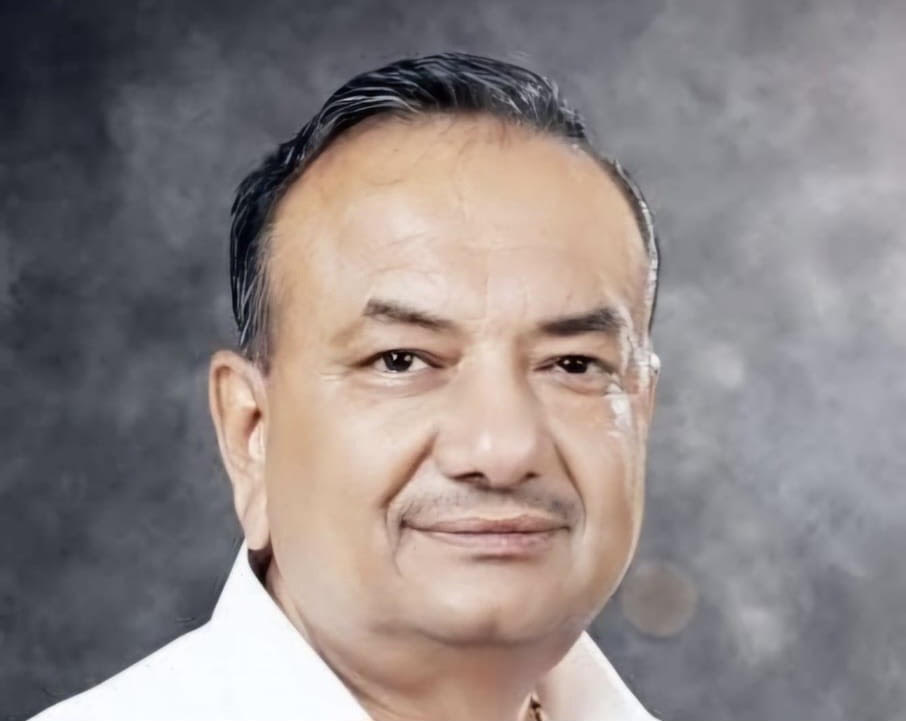KK Gupta Suggests Inclusion of Active Contributors in All Levels of Sanitation Meetings
Gopendra Bhatt

/Udaipur:K.K. Gupta, the State Coordinator of the Swachh Bharat Mission (Rural) for the Government of Rajasthan and Court-appointed Amicus Curiae for urban bodies of Jhunjhunu, Nawalgarh, Mandawa, Banswara, and Udaipur, has made a recommendation to the Central Government. Gupta has emphasized that in order to significantly improve sanitation standards across India, both the Central and State governments must mandatorily invite individuals who have delivered impactful results in sanitation programs to participate in central, state, and district-level meetings. He has urged relevant departments to issue necessary directives to their officials in this regard.
Gupta stated that under the visionary leadership of Prime Minister Narendra Modi, the Swachh Bharat Abhiyan has been successfully implemented over the past years, yielding commendable outcomes. However, he also expressed concern that despite these efforts, the overall sanitation condition in the country remains worrisome.
Highlighting the existing system, Gupta pointed out that numerous officials and staff have been appointed across the country under various initiatives related to sanitation, environment, and water conservation. While these officials are expected to work in alignment with periodic directives issued by the relevant ministries, Gupta expressed disappointment that many fail to take their responsibilities seriously. He warned that such insensitivity towards a crucial national mission is unacceptable. “We must move beyond speeches and fabricated statistics presented in documents and instead ensure that work is genuinely carried out on the ground, adhering to all the essential parameters of cleanliness,” he said.
Dungarpur Nagar Parishad Set an Example in Sanitation and Water Conservation
Gupta highlighted that during his tenure with the Dungarpur Nagar Parishad, remarkable work was accomplished in the fields of sanitation, water harvesting, and environmental protection. These efforts received national recognition, with Prime Minister Narendra Modi personally appreciating them. As a result, Dungarpur Nagar Parishad was honored with several awards at the state, national, and international levels.
Further, he mentioned that similar recognition was given to the sanitation and environmental initiatives executed in five gram panchayats of Gandhinagar, the parliamentary constituency of Union Home Minister Amit Shah. The Home Minister also acknowledged these efforts. In addition, the then Union Jal Shakti Minister Gajendra Singh Shekhawat praised Dungarpur’s water conservation model in the Parliament. A ministerial and official delegation from the Delhi Government even visited Dungarpur to study its water conservation systems.
Over a period of five years, 25,000 saplings were planted in Dungarpur, leading to an improvement in the city’s environmental index, surpassing standard benchmarks.
Based on these experiences, Gupta has proposed that individuals like him—who have made verifiable contributions in sanitation, water conservation, and environmental sustainability—should be permanently included in related discussions and meetings. According to him, this would strengthen national-level programs and help realize the goals of the Swachh Bharat Mission more effectively on the ground.
साभार :
© CopyRight Pressnote.in | A Avid Web Solutions Venture.






